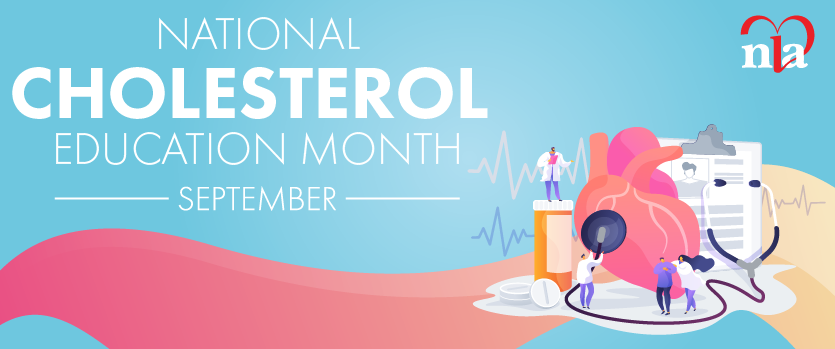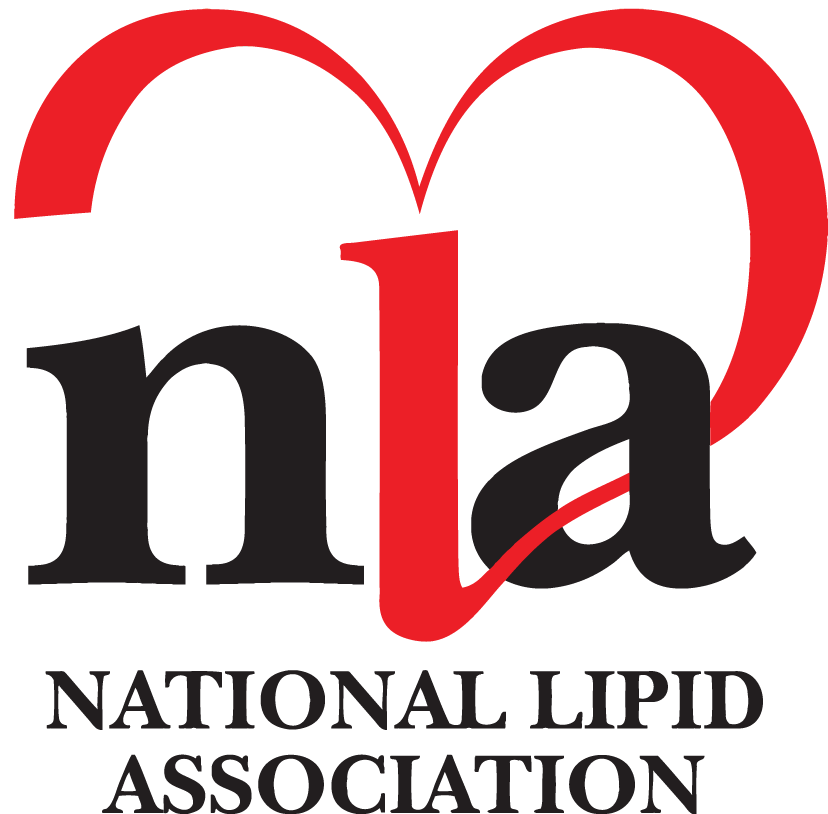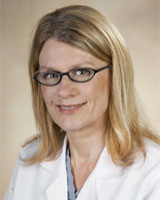Q: What motivated you to become a member of the NLA?
A: My background in human nutrition oriented me towards cardiovascular disease prevention in medical school and training. In 2004, I was a clinical and invasive cardiologist with Kaiser Permanente in Northern California and working in their lipid management program.
I attended an American Heart Association- sponsored Lipid Training Course at UCSF’s Gladstone Institute taught by Dr. Tom Bersot, and he told me about a national organization devoted to Clinical Lipidology that was forming. It seemed perfectly aligned with my career path, and I joined soon after. After I moved back east a couple of years later, I began the process of applying for board certification.
Q: The NLA offers plenty of resources for physicians. Which have you found to be the most helpful with your practice, patient care, or overall networking in your career?
A: Far and away the most helpful have been the incredible giants of Clinical Lipidology that I have been fortunate enough to learn from both formally and informally. These individuals have also given me the opportunity to participate in NLA-sponsored workshops, lectures, SAPs, publications and committee work, all of which have made me a more knowledgeable lipidologist. I honestly cannot say enough about the remarkable clinicians and staff that I have met and worked with through the NLA and who have mentored me. On a patient-care level, I have found the patient handouts created by the Nutrition Work Group and our Practice Management Committee to be most helpful. I use them every day and share them with my cardiology colleagues, including a couple of our interventionalists!
Q: Why was becoming a Fellow important to you?
A: To gain both the additional qualification and recognition, and to give back to the organization through the activities required to be considered for fellowship.
Q: Do you feel that becoming a certified lipidologist gives you more credibility when discussing patient outcomes and treatments?
A: Definitely. It’s been an important designation when speaking about lipids and prevention to other physicians and colleagues, especially since I am the only one in my large cardiology practice with lipid specialty knowledge and certification. It also has helped qualify me to teach medical students about lipid treatment, and to try to inspire them to pursue career paths in cardiovascular disease prevention.
Q: What advice would you give to members of the NLA that are working toward their Fellowship?
A: Like any goal, keep working toward it. Use any and every opportunity to get involved in the organization. Mine came after I made some comments on the website about potential future needs related to practice management. Soon after, I was contacted by Ralph LaForge, MSc, CLS, FNLA, who chaired the Practice Management Committee at the time, and who asked me to get involved. One opportunity then led to another. Keep track of your NLA activities on your CV. Once you have made contributions over a few years, ask a mentor and colleague to sponsor your Fellow application.






.jpg)
.png)











